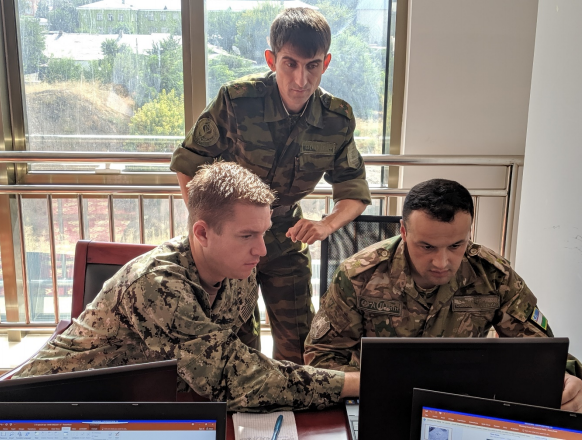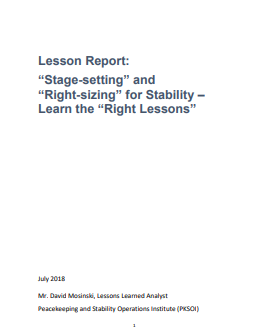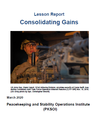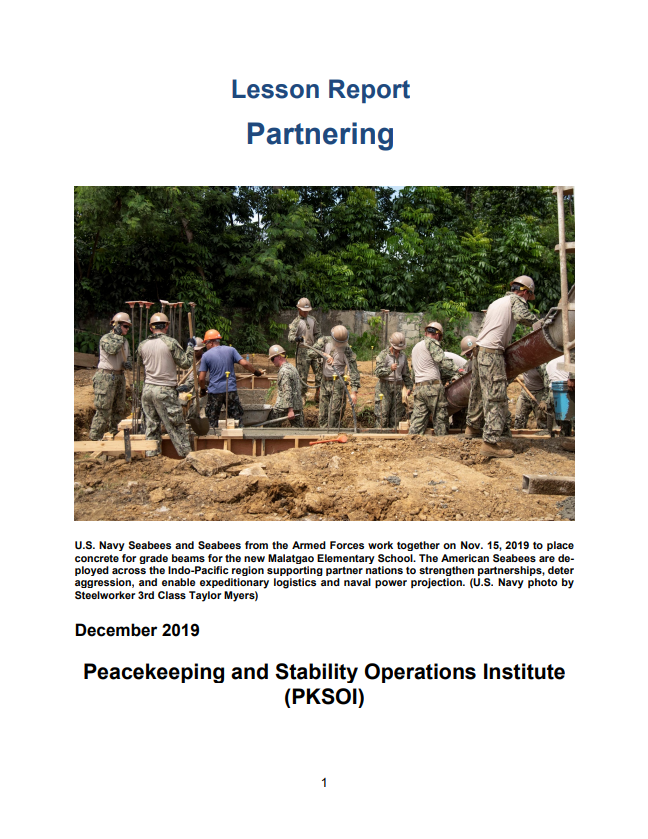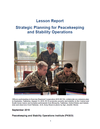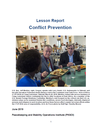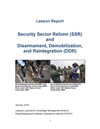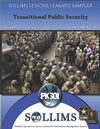Semi-Annual Lesson Report: Multinational Interoperability
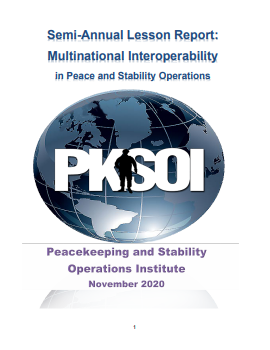
This edition of the Peacekeeping and Stability Operations Institute’s Semi-Annual Lesson Report explores the challenges and complexities of Multinational Interoperability in the conduct of peace operations and stability activities. An April 2020 RAND Corporation report asserted “interoperability” can be “a buzzword” in military vernacular to denote a problem needing a solution. While that may be true in many respects, the US Army Regulation (AR) 34-1.2 “interoperability” definition is used here:
…interoperability is the ability to act together coherently, effectively, and efficiently to achieve tactical, operational, and strategic objectives…[and]…Interoperability activities are any initiative, forum, agreement, or operation that improves the Army’s ability to operate effectively and efficiently as a component of the Joint Force, within an interorganizational environment, and as a member or leader of an alliance or coalition across the range of military operations (ROMO).
To read the full report please click on the link below or to download click on the button below.

